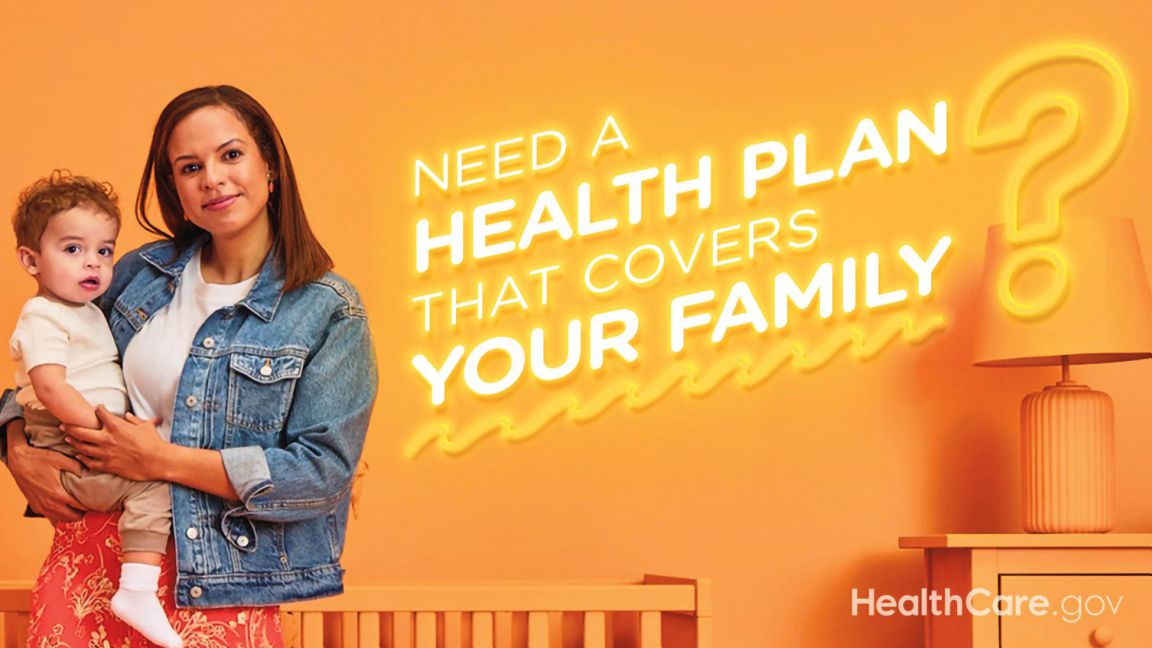impaired, with or without multiple disabilities, who have goals of meaningful work and community participation after high school. Recognizing that the final years of high school mark a critical juncture in a student's educational journey, the program is tailored for students in their final years of high school. The understanding that students with blindness, low vision and additional disabilities require specialized instruction, intensive transition planning, and individualized, experiential learning opportunities underpins the Life Launch curriculum. The coursework is designed so that participants will develop essential skills for successful workforce and community integration. Participants complete all academic requirements. The curriculum focuses on the Expanded Core Curriculum and encompasses a range of subjects, including assistive technology, interpersonal communication, independent living, financial literacy and advocacy and activism. Students are guided through immersive work experiences that equip them with the essential skills needed to secure and maintain employment, such as: jobseeking strategies, workplace etiquette and task-specific proficiencies. A program tailored specifically to the unique needs of this population promotes student empowerment and will maximize opportunities to achieve meaningful employment outcomes.
The Life Launch Program started accepting applications this month (January 2024). The Perkins School for the Blind will be welcoming the Life Launch students on campus Fall of 2024. For more information visit: perkins.org/transition-center/life-launch
Perkins also offers a range of impactful programming and resources designed to assist more academically oriented students with BVI, to transition to postsecondary higher education programs including colleges, universities, and Comprehensive Transition and Post-secondary (CTP) programs. For more information on these programs and resources visit: perkins.org/college-success •
References
- Cavenaugh, B.S., and Steinman, B.A. (2005). Estimated Numbers of Eligible Persons for Blindness and Low vision Services under Expanded Medicare. Journal of Visual Impairment & Blindness, 99(7), pp. 431436. Retrieved from blind.msstate.edu/sites/www.blind.msstate.edu/files/2020-04/4.pdf June 29, 2023.
- Chiang, H.M., Cheung, Y.K., Li, H. and Tsai, L.Y. (2013). Factors Associated with Participation in Employment for High School Leavers with Autism. Journal of Autism and Developmental Disorders. 43:1832-1842.
- Crudden, A., McDonnall, M., and Tatch, A. (2023). Unable to Work? Characteristics of People Blindness and Low Vision who are out of the Labor Force. Disability and Health Journal, 16 (3): 101438. doi.org/10.1016/j.dhjo.2022.101438. Retrieved from blind.msstate.edu/sites/www.blind.msstate.edu/files/2023- 04/Crudden%20et%20al.%20%282023%29%20Unable%20to%20work.pdf July 6, 2023.
- Julian, T. (October 2012). Work-Life Earnings by Field of Degree and Occupation for People With a Bachelor's Degree: 2011 American Community Survey Briefs
- Lund, E.M., and Cmar, J.L. (2020). A Systematic Review of Factors Related to Employment in Transitionage Youth with Visual Impairments. Rehabilitation Psychology, 65(2): 122-136. Retrieved from: blind.msstate.edu › sites › files › transitionsystematic June 29, 2023
- McDonnall, M., Cmar,J., & McKnight, Z.S., (2023). Beyond Employment Rates: Social Security Disability Benefit Receipt and Work Among People with Visual Impairments. Journal of Visual Impairments 113(3): 396-403. Retrieved from ncbi.nlm.nih.gov/pmc/articles/PMC10202494 July 7, 2023.
- VanBergeijk, E.O. (2019, January). Planning for Employment for Students with Special Needs. Exceptional Parent Magazine. 2019 Resource Guide: Navigating Special Needs Resources. pp. 56-60.
ABOUT THE AUTHORS:

Ernst VanBergeijk, Ph.D., M.S.W. is the Founder and President of Ernst Equitable Education Solutions, a consulting firm that helps parents find appropriate educational settings and solutions for their children, and helps organizations evaluate and design programming for special needs children, youth, and young adults. He has over 35 years of experience in the special education field including working as the executive director/dean of two college-based transition programs for students with a wide variety of disabilities. ErnstEES.com

Alexandra LaVoie, M.S.O.T is the Director of the Transition Center at the Perkins School for the Blind and is a licensed occupational therapist and special education administrator. Alex has worked in the field of blindness education for over 10 years and has a deep understanding of the unique supports and accommodations that are needed for BVI students to achieve their post-secondary goals. She is passionate about Perkins' mission to empower students with disabilities to unlock their potential and live as independently as possible. Perkins.org/Transition
